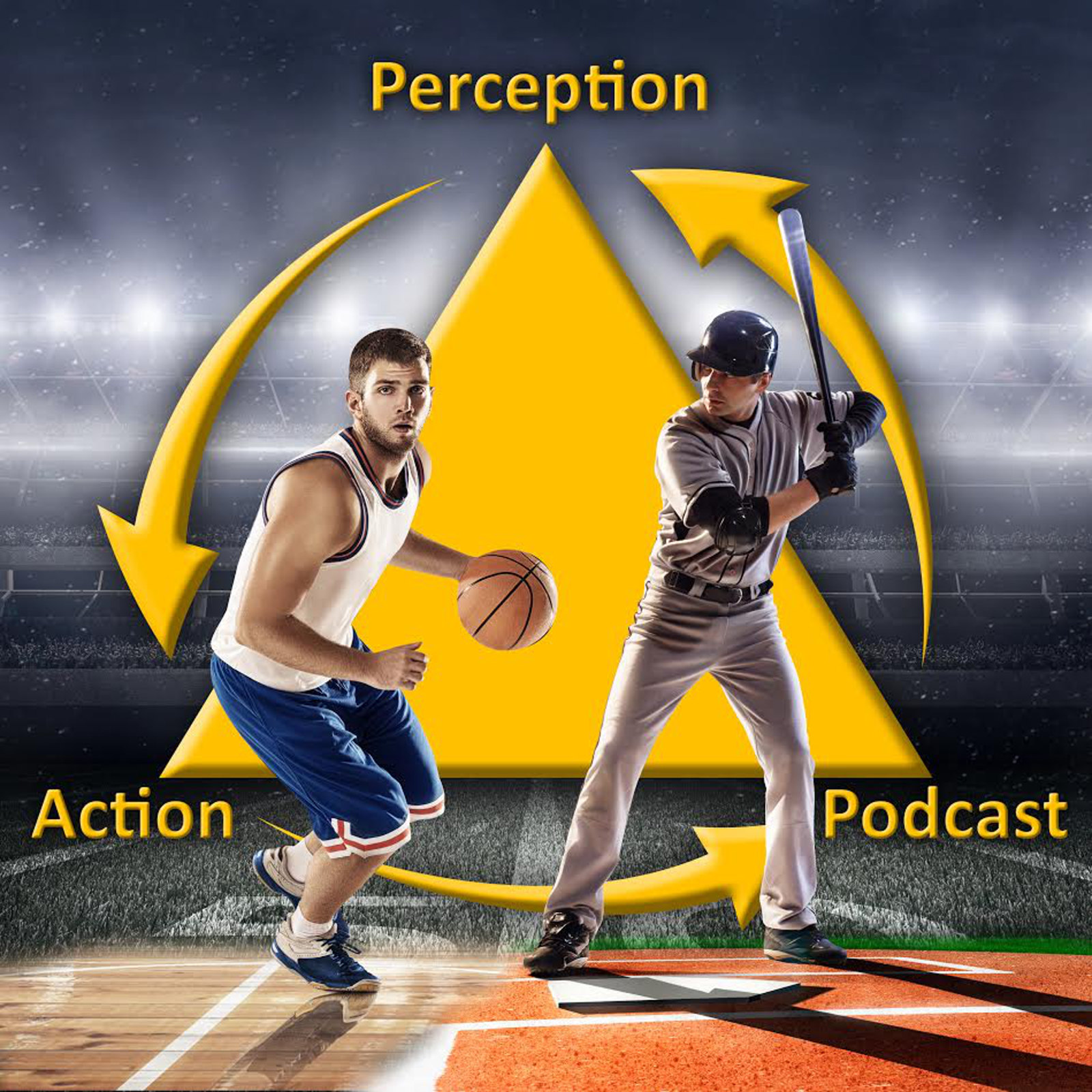24
How much attention is required to drive effectively? Is driving a manual transmission really done automatically? How well do we remember the details of driving accidents?
What is the best way to develop tactical creativity and divergent thinking in young athletes? (Time:)
Download link
Key points
• Consistent with traditional theories of skill acquisition, with experience drivers devote more attentional to events on the road as opposed to focusing attention on tasks like shifting gears i.e., driving become more proceduralized
• When experienced drivers devote these extra processing resources to the road environment they notice more hazards and remember more about the scene
• However, in most cases drivers do not devote their full attention to the road all the time. I personally think this is to be expected because driving does not require our full attention all the time…just at the right time! In this sense it underload our attention (kind of like when a human worker monitors an assembly line).
• This can result in our attention going other places: in particular to distracting secondary tasks (discussed next episode) and mind wandering
• Research has shown that drivers’ mind can be “off-task” (i.e., we are thinking about something else) about 40% of the time. This can lead to slower reactions.
• Familiarity with the route we are driving increases the chance our mind will wander
• People forgot about 80-90% of near and minor accidents
• The wonderful work by Elizabeth Loftus has shown us that even for major accidents we have very poor memory that can easily be manipulated based on the questions were asked
• Most people have “cognitive maps” of the world they use to navigate when driving
• Research has shown the maps vary substantially in their complexity from person to perspn with some drivers navigating by just remembering a series of turns at key landmarks (like the text instructions that comes with a google map) and other drivers having a complete 2D map in their head (like the map that comes with google map)
Links to articles discussed:
How automatic is manual gear shifting?
Driving without awareness: The effects of practice and automaticity on attention and driving
Driving with the wandering mind: the effect that mind-wandering has on driving performance
Do familiarity and expectations change perception?
Forgetting Near-Accidents: The Roles of Severity, Culpability and Experience in the Poor Recall of Dangerous Driving Situations
Reconstruction of Automobile Destruction: An Example of the Interaction Between Language and Memory
Planting misinformation in the human mind: A 30-year investigation of the malleability of memory
Two strategies for learning a route in a driving simulator
Development of tactical creativity in sports
More information:
My Research Gate Page (pdfs of my articles)
My ASU Web page
Podcast Facebook page (videos, pics, etc)
Twitter: @Shakeywaits
Email: robgray@asu.edu
Credits:
The Flamin’ Groovies – Shake Some Action
Jacuzzi Boys – Automatic Jail
Six Star General – I Remember
The Yolks – Wandering
Kelley Stoltz – The Memory Collector
Josh Woodward – Memory Replaced
Steadman – Create Your Fate
Anitek – Divergent Thought
via freemusicarchive.org and jamendo.com
